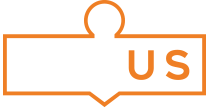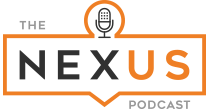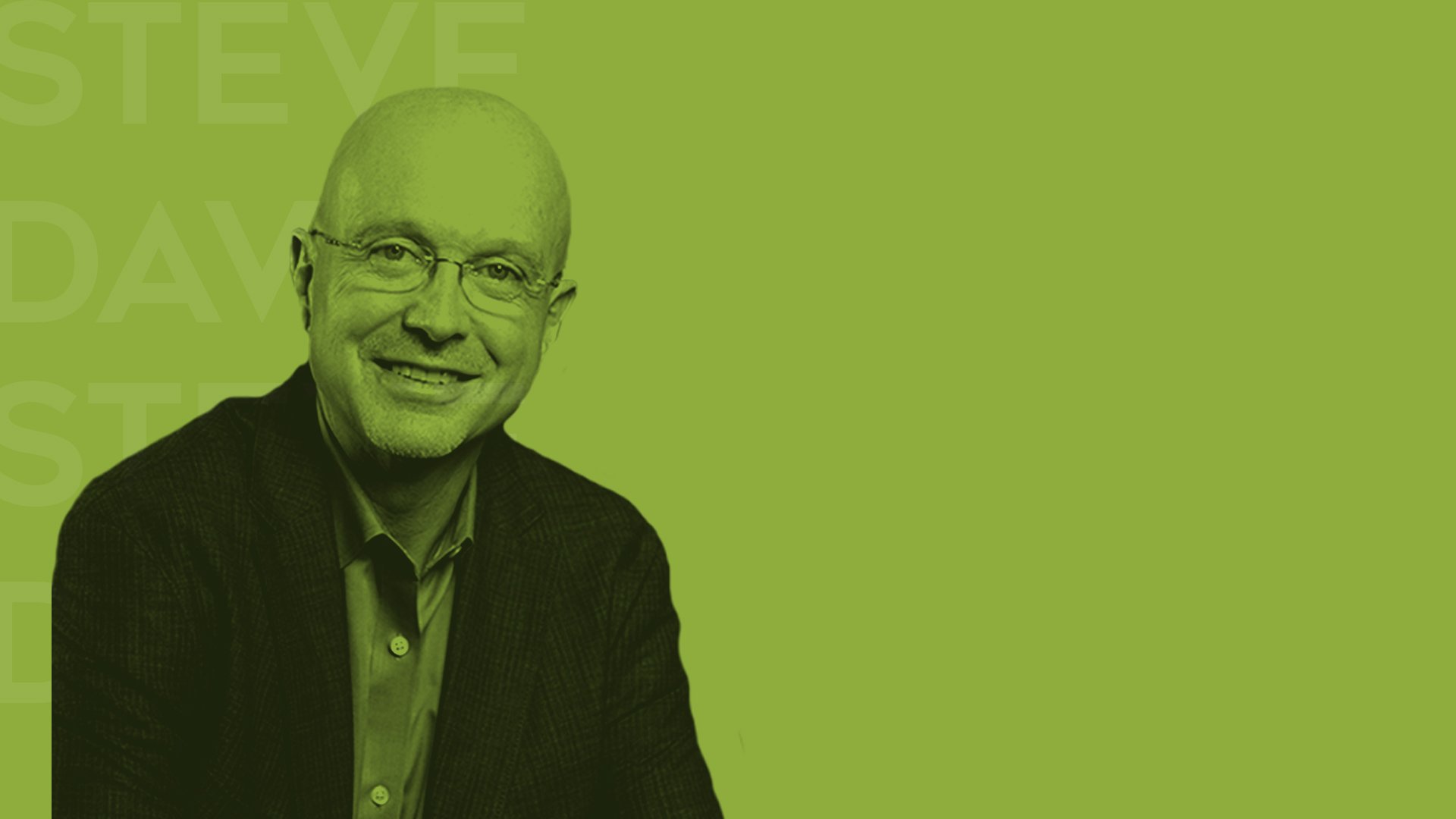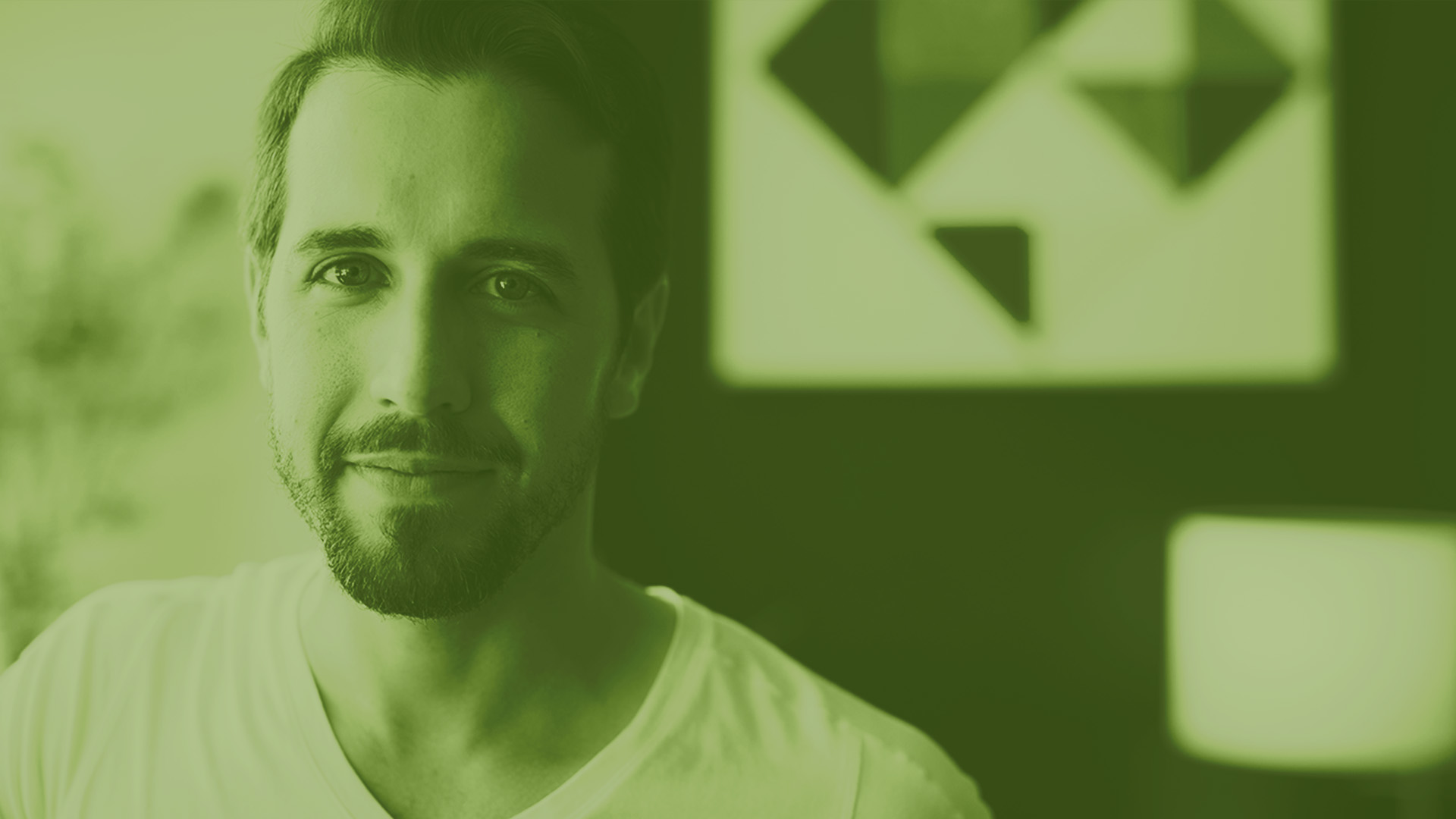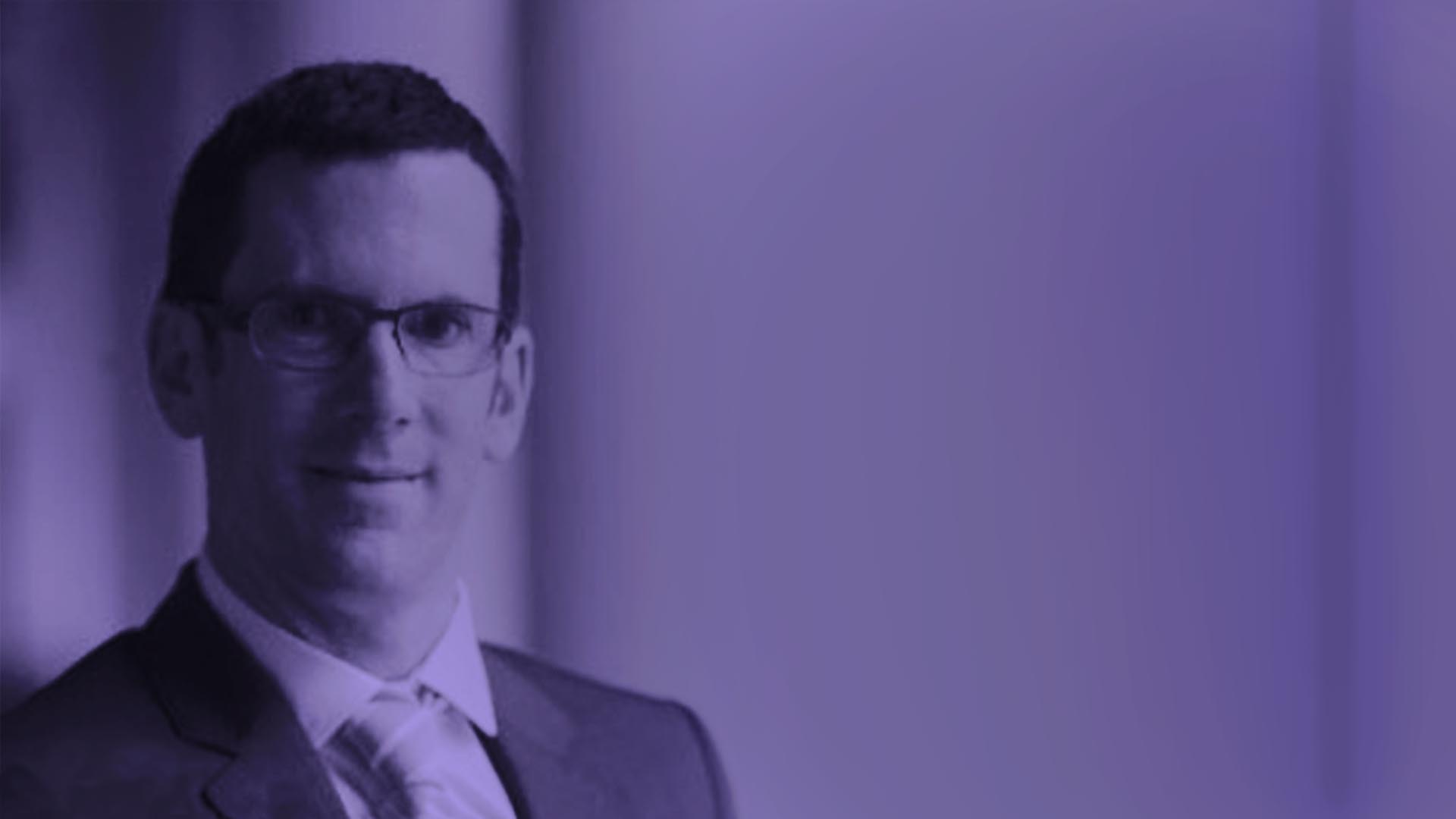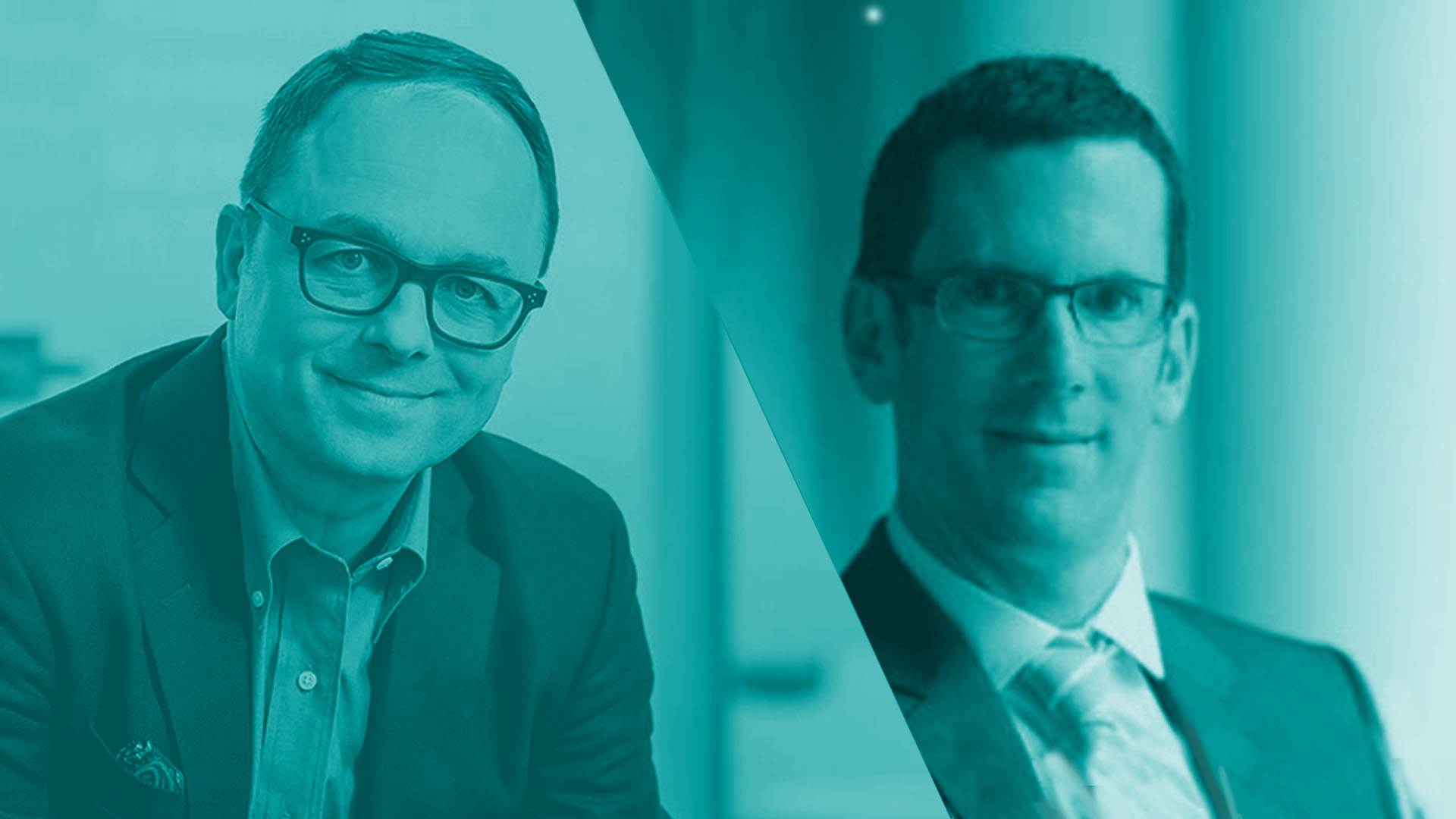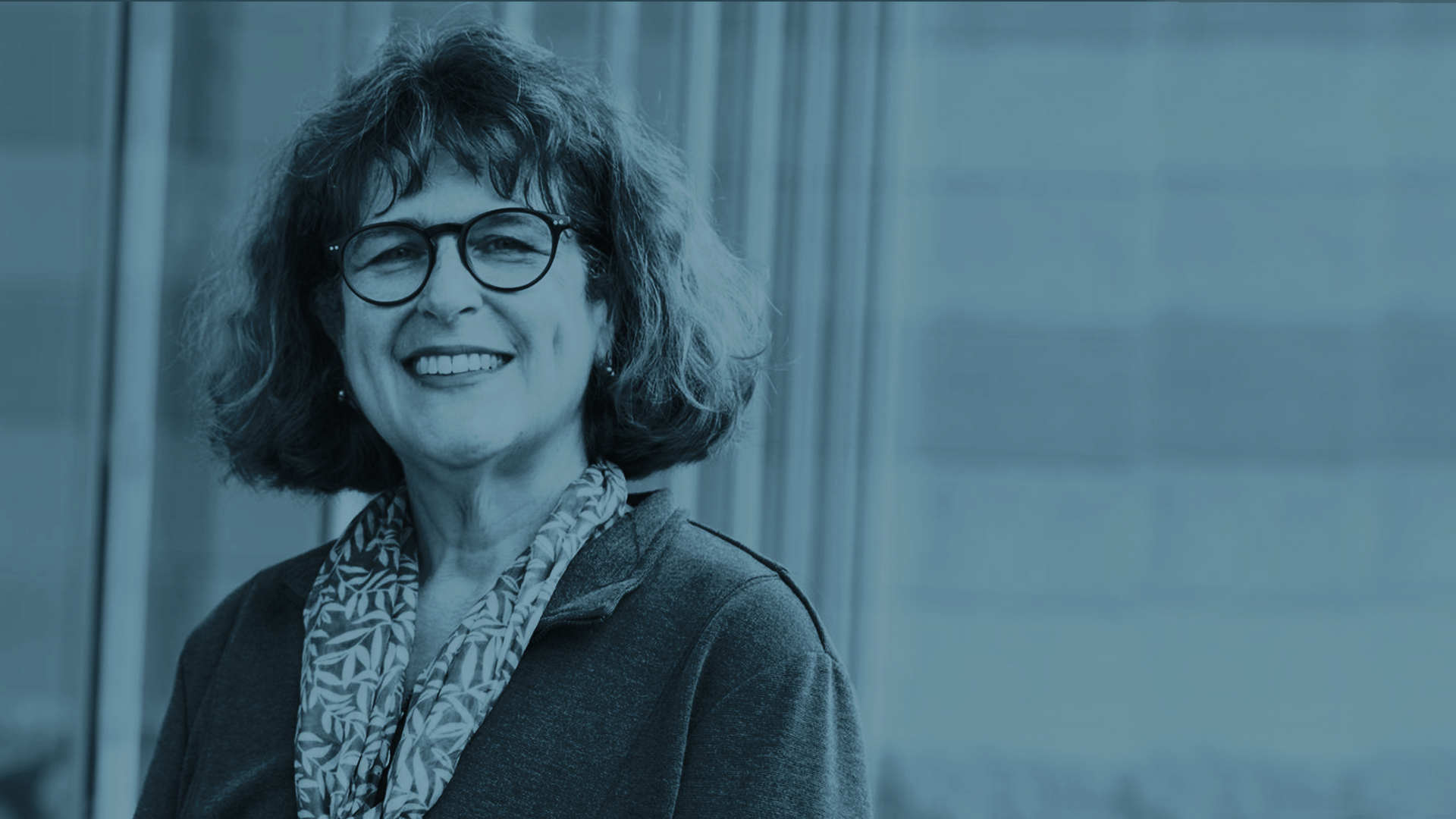How to Channel Your Employee’s Advocacy (in Ways That Won’t Blow Back on You Later) with Steve Davis
In the past six months, we’ve seen the world of work change, economic priorities shift, and social mores put under the microscope under the dramatic pressure COVID-19 imposed on us all. As a result, we’re monitoring brands and leadership closely – searching for the accountability the COVID crisis demands. We’ve all heard of activist CEOs and shareholders, but is there room for activist employees? Can activism in the workplace serve as a business driver? Steve Davis, author of the upcoming book, Undercurrents: Channeling Outrage to Spark Practical Activism, joins us to answer these questions.
NFL Announcer [00:00:00] Roger is on the move… End zone for Adams. He’s got it! Touchdown Packers.
Chris Nelson [00:00:06] The NFL returned recently and for anyone seeking a break from the unrelenting news cycle around the pandemic or wildfires or the US election, football offers up not just a welcome but possibly necessary distraction. Will the Chiefs repeat? Will Brady and Gronk bring some of that Pats magic to Tampa Bay? Will Cam Newton make Patriots fans forget that Brady ever played there? All of them potentially great narratives. But arguably the most compelling story to come out of the NFL happened months ago, long before the start of the season.
NFL Viral Video [00:00:40] I am George Floyd, and I am Ahmaud Arbery. I am Eric Garner, I am Laquan McDonald, I am Tamir Rice.
Chris Nelson [00:00:48] Chances are you’ve already seen this. It’s a video of NFL players across the league released just days after George Floyd was killed. It immediately went viral, seen by tens of millions of people all over the world, including this guy…
Roger Goodell [00:01:01] We the National Football League admit we were wrong for not listening to NFL players earlier and encourage all to speak out and peacefully protest.
Chris Nelson [00:01:09] That’s Roger Goodell, commissioner of the NFL.
Chris Nelson [00:01:13] Goodell’s comments were a stunning reversal of policy on the part of the NFL who had made their antipathy to peaceful player protests pretty clear. Colin Kaepernick probably knows we’re talking about. What struck me was not just the video or the reversal it prompted, but that the idea to make it came from an NFL employee. He’s already been quoted as saying he thought he was going to get fired when he made it, but felt compelled to take action. Now, this raises a few questions. Most notably, why did it have to come to that? Why did an employee have to risk his livelihood to support a cause he believed in? Why would they need to expose their employer to intense public scrutiny in order for that employer to rethink their positions in business? We hear about shareholder activism, activist CEOs. But is there room for workplace activism, not just as a problem to be managed or a way of increasing employee engagement or looking good from a corporate social responsibility perspective? But could it be a business driver? Well, our guest on today’s episode thinks it may be time for business leaders and their people to start considering these questions. His name is Steve Davis.
Chris Nelson [00:02:21] He’s a lawyer and activist and a former consultant at McKinsey who’s both worked for and advised some of the largest corporations in the world. He’s also a regular on the TED Circuit and author of the forthcoming book Undercurrents, which explores major trends or undercurrents that are changing the way people and businesses are approaching activism.
Chris Nelson [00:02:42] He joins us today at The Nexus.
Chris Nelson [00:02:46] The Nexus, a place where people converge and connect. On this podcast we look at the things that are changing the way all of us do our jobs. We’re going to take a quick peek into the minds of those people who are helping us change: scientists, our leaders and experts in human performance. I’m Chris Nelson.
Chris Nelson [00:03:05] Steve, you talk about practical activism in your book. Why not define it for us?
Steve Davis [00:03:10] Yeah, activism sometimes has either pejorative or a negative view that people are protesting or engaging on corporate activism or something like shareholder activism or it’s very much like unobtainable, like that’s for somebody else, the idea of practical activism. Everybody can change the world in little ways and big ways.
Steve Davis [00:03:32] I would argue that we’re seeing more and more opportunity for employees of large and small companies that want to engage, to engage across a whole suite of ways and levers, everything from participating actively in more and more affinity groups around environmental or social justice issues going on in their own companies.
Chris Nelson [00:03:55] There’s probably a few listeners with a little Milton Friedman on the shoulder saying this is nice, but what does it have to do with making a profit?
Steve Davis [00:04:02] I think one of the large challenges is people still think of business and for profit activity being kind of on a different track altogether than social impact.
Steve Davis [00:04:14] But more and more, I think we’re seeing a softening of that line.
Steve Davis [00:04:19] There has been a number of studies that have shown that companies that have gender equity, for instance, in their hiring and corporate culture and their promotion and job development tracks end up outperforming on a bunch of financial metrics. But what’s actually more interesting is to see the specific examples. Let me give you just to really briefly. One is I led a global NGO nonprofit that worked on global health innovation for a number of years called PATH. And one of the big efforts has been involved in the fight against malaria globally. One of the biggest challenges we had is understanding and getting good data.
Steve Davis [00:04:59] And so we approached a company called Tableau, which is a big software data visualization company. It’s now part of Sales Force and they were like, well, here we go again, another request for philanthropic money.
Steve Davis [00:05:12] And we said, no, we actually didn’t want their money. What we really wanted is the talent and time of their employees who are top level data analysts, data researchers and and asked if they would come on board with us. But what happened is the company reported it had all sorts of indirect benefits. First of all, through this commitment, their stock price kept going up. That probably had no direct causation, but it certainly didn’t hurt it. But more important, they found that there were employee morale went up because they were giving employees opportunities to work on problems they really cared about. Through this process. They realized that they should be opening new channels for their distribution, which was very useful. And then they recognized that some of their data visualization tools were not actually appropriate for working as well as they thought for certain areas. So it actually helped them improve the product as well.
Chris Nelson [00:06:07] The argument there then is perhaps not always a source for growth, but certainly not a drag on it either.
Steve Davis [00:06:13] Yeah, I can tell you another example and I’ve been involved with quite a few Microsoft or AXA, the big French insurance company, or PepsiCo, you know, who’ve made these enormous commitments to their communities.
Steve Davis [00:06:29] At AXA, they divested out of tobacco and coal is one of the largest asset management companies in the world to Microsoft, has made carbon neutral commitments and invested an enormous amount of money in middle income housing and other kinds of inequity issues and racial inequity. Then they were not done without pain and challenge. But the companies have continued to not only outperform financially most of the markets, but they’ve continued to attract a new caliber of employees, employee goodwill.
Chris Nelson [00:07:01] There is an important thread, something common to everything you’re saying, and that is things like racial equity and gender equity, or divesting from tobacco or carbon emitting industries are things that most people and by most people, I mean employees, they can probably support those.
Steve Davis [00:07:20] Yeah, there’s a lot that needs to be directed from the top. But I also think that if it’s only something that’s top down and sort of a CEO level pet project, there’s not a lot of great track record for those having sustainable commitments. I think leaders are learning the answer to will likely not come from their corner office.
Steve Davis [00:07:40] But the ideas and the energy will come from unsuspecting quarters of their company or their customer base. And so then it becomes a really critical matter of listening. And I think we’ve seen a lot of that recently in the Black Lives Matter work, where my interaction with CEOs of Fortune one hundred companies has been. This has been a very important, serious issue for them to really rethink, pay attention to to understand how this matters in their company and with their employees and with their customers. But it was also a real recognition that they probably weren’t going to have the answers, that they were going to have to listen, listen and then listen again. And I think that’s become an important piece of this struggle.
Chris Nelson [00:08:22] OK, so not hurting the bottom line, great employee engagement in choosing the issues the company supports. Also, great. Is there something more?
Steve Davis [00:08:33] My argument would be that’s not the best strategy to say we’re going to pick a project that is about education somewhere in the world, but we’re an insurance company. Those kinds of things are often short term or lower impact or is to say we have as an insurance company for assets and capabilities around a certain set of things. And why don’t we think about how to use those in a way that can either deploy them toward more social impact or ensure that in the very work of deploying them in any instance, it’s done with as much social consciousness as possible.
Chris Nelson [00:09:06] For example, banks and having banks get behind the idea of financial literacy, which is an educational gap even in developed nations.
Steve Davis [00:09:16] It’s a wonderful example and one in which I know there’s some folks that would criticize me or those efforts by saying that’s kind of greenwashing or does it still all about making money? And my answer is, if, in fact, we are seeing social impact, positive social impact, and they are sustainably making that happen through a strong business plan, I think that’s a positive thing.
Chris Nelson [00:09:40] You’re talking about companies having their activism aligned to their core business function and also a model where leaders and employee populations are much more collaborative in choosing the kind of things they decide to get active around. What in your mind stands in the way of embracing those particular approaches?
Steve Davis [00:10:03] I would say one of the barriers is many companies, whether it’s board driven or leadership driven or shareholder driven, still believe their only obligation is to their shareholder and maybe their customer versus more broad obligation to their community and to the world at large and to the planet. This is a big barrier.
Steve Davis [00:10:24] I think another barrier will be the way companies are often structured. So you’ll see a lot of really interesting ideas or initiatives and policies being promulgated by a company to say we want to have a benefit on its education. But because it might be sitting in one part of the company and then things change, someone new steps into the role and they change that very quickly.
Chris Nelson [00:10:48] But if the cause aligns the business, it’s less likely to get lost.
Steve Davis [00:10:52] Absolutely. That and also back to the early topic. If you’ve brought along a group of very passionate employees that want to participate and want to get their time and talent to a program that has a huge amount of power within a company. Good CEOs really do care what their employees are saying and thinking, and they really do want to tap into those passions.
Chris Nelson [00:11:13] Are there hazards for leaders who perhaps don’t embrace this? And if so, what are they?
Steve Davis [00:11:19] Their hazards on almost any business decision you make? And I talked to a lot of the sort of leading CEOs who really made this their mission to find the balance of doing good and doing well. The former CEO of GSK, the former CEO of Unilever, the CEO of Microsoft, etc. All people who I know well, that would say the risk of working more on the social sector is just figuring out how to manage it internally, where you have metrics that it’s just a feel good project. Again, it’s seen as sort of a CEO pet project versus something that’s more sustainable in the core for those that choose the other direction to say we’re not going to do this, I think they’re seeing real risk in that.
Steve Davis [00:12:02] First of all, as I’ve already mentioned, that with the next generation of employees, they’re getting a lot of pushback. You’ve seen that in the last year here in the United States with walkouts at Google or companies where employees have gone to shareholders and said we want to see more commitment toward racial equality. And increasingly, you’re seeing that with investors asking the harder questions about ESG and social impact. So I think those are all risks that can be handled but that are faced by people that just want to keep ignoring the social impact issues.
Chris Nelson [00:12:34] As scary as employee walkouts and shareholder revolts can be for some… you know very well that there are or there can be inertia in companies, people will still slow walk things. What do you say or how do you inspire leaders and people to be proactive?
Steve Davis [00:12:52] The real reason I wrote the book was realizing that there was an opportunity, hopefully, to encourage people with some optimism that activism was possible of all forms and that we can continue to make progress despite the headlines which seem so overwhelming or so negative at times.
Steve Davis [00:13:15] In fact, it was a struggle with the book to say, why am I writing that right in the middle of a pandemic, which I’ve been very deeply engaged in personally, and what I come across as being wildly naive or wildly out of the loop or irrelevant.
Steve Davis [00:13:28] But but I recognized the more I talk to people as they really when you stop and think about breaking it down into its parts, we are actually continuing to move forward on many, many, many fronts, whether it’s on inequality issues, on environmental issues, on a number of things. Now, there are large and very difficult questions. Some are new and emerging, but we’re still making that progress. Follow the trend lines more than the headline, whether it’s improvements for girls and girl’s education and girl’s health in the world or at the trend line of lowering. And we’ve reduced child and maternal mortality in the world by about 50 percent in the last 20 some years. Those are incredible improvements that should give us optimism. Don’t think you have to go to some sort of big, radical, glamorous, big struggle model. Real changes in the world happened by little steps.
Chris Nelson [00:14:22] Well, I will say Undercurrents is one of the most optimistic books I’ve read all year. And I thank you for writing and thank you for being here.
Steve Davis [00:14:30] Well, thank you.
Chris Nelson [00:14:34] If you want to read Steve’s book for yourself and I encourage you to do so, it’ll be out in early October wherever you get your books. And if you’re thinking it’s time for your company to support workplace activism, then let Nexus help. We’ve been supporting companies for more than 20 years with industry leading strategies, programs and products. You can find us at Nexus Communications dot com. That’s an N E X U S communications dot com. Please be sure to like us on iTunes, Spotify or wherever you happen to find us. I’m Chris Nelson. Thanks for listening.
